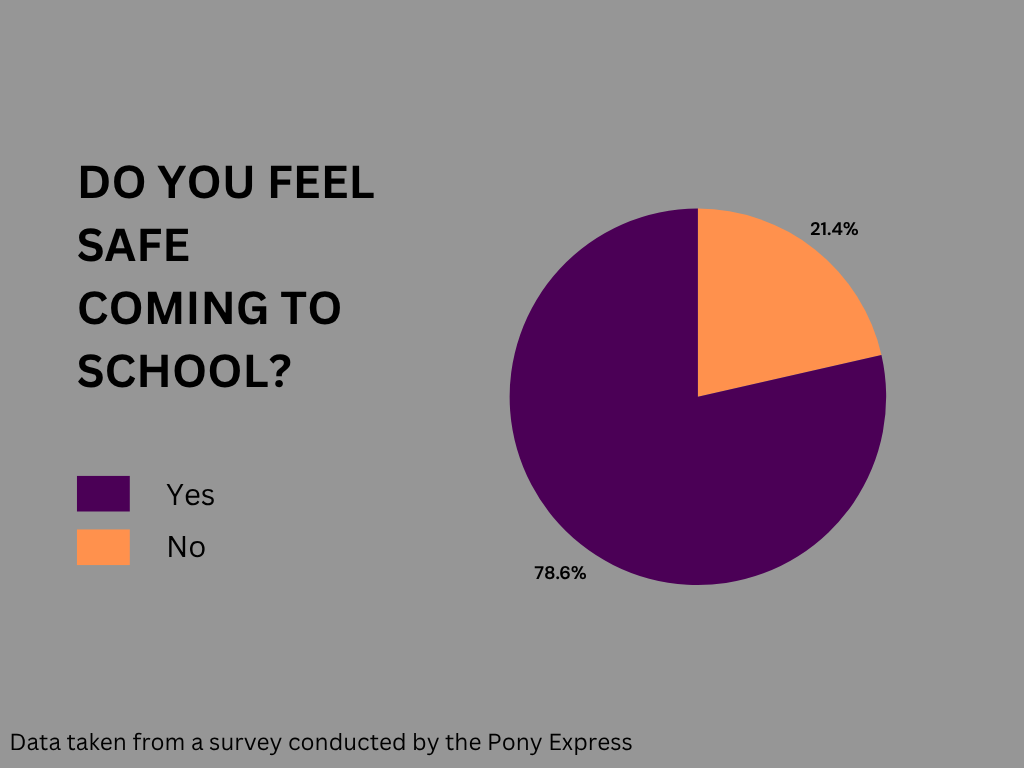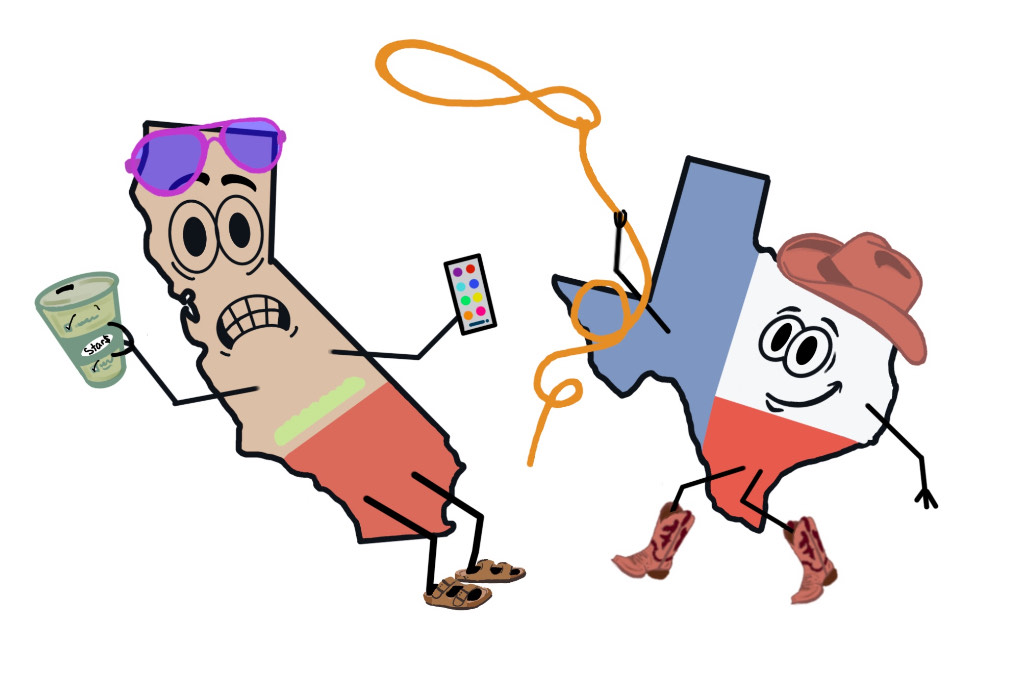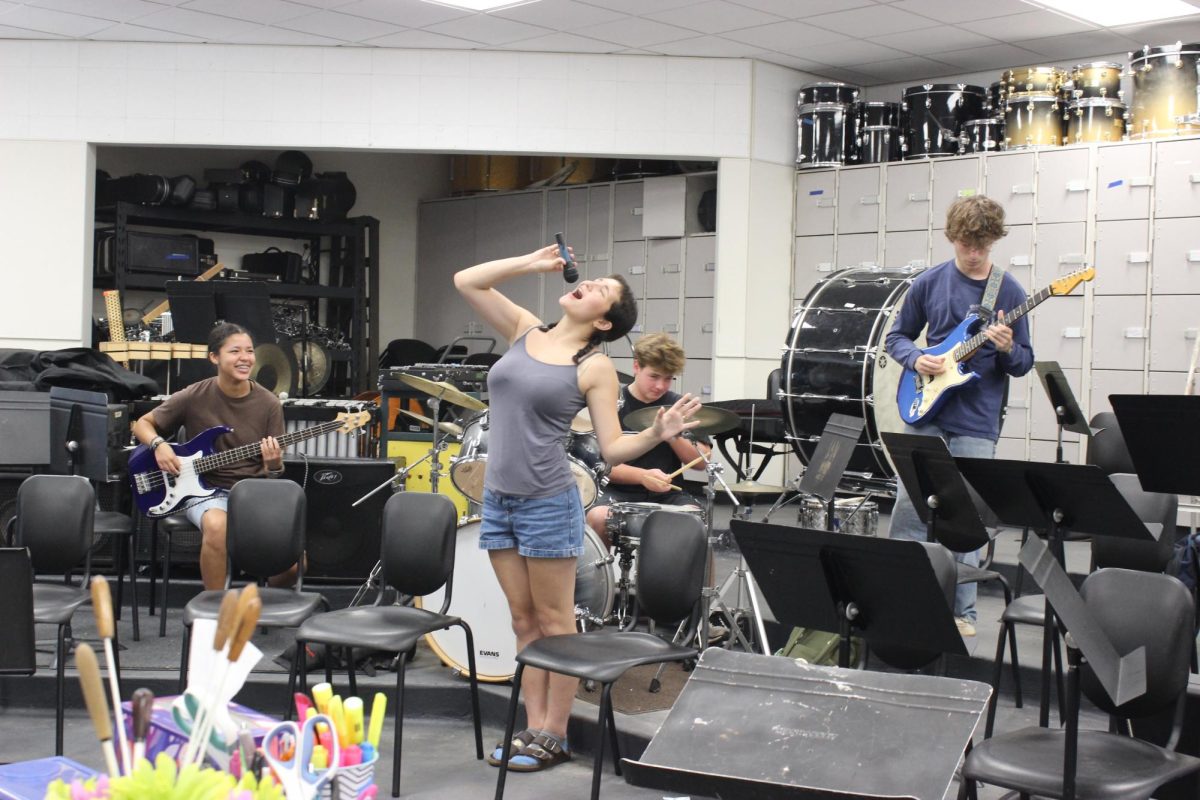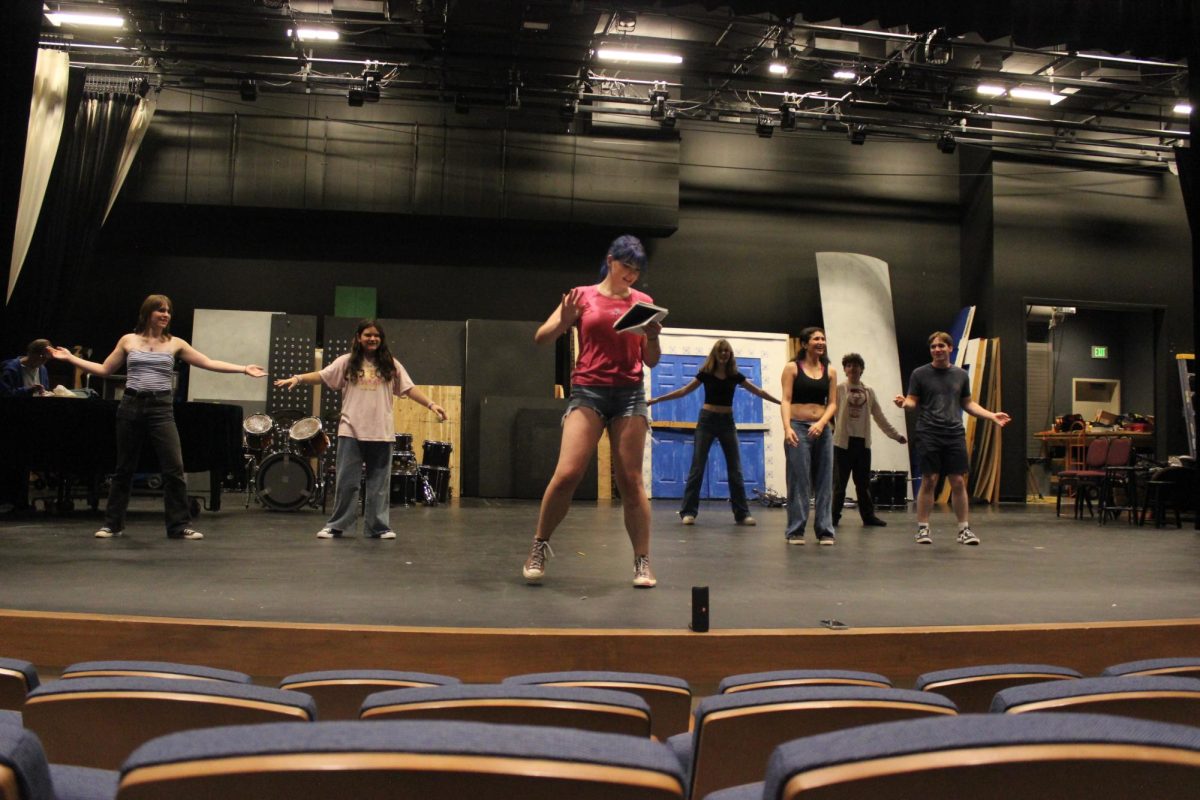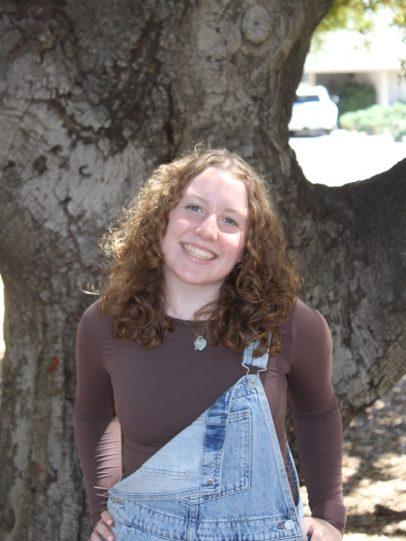I want you to think of your favorite holiday movie—specifically your favorite Christmas movie— sorry to my friends who don’t celebrate. For many, “Elf,” the 2003 comedy starring Will Ferrell comes to mind. The classic, funny, family-friendly movie follows our loveable cotton-headed-ninny-muggin protagonist, Buddy the Elf, on a journey to meet his human father after being raised by Santa’s elves in the North Pole.
When you think of “Elf,” what scenes come to mind? Perhaps it’s the hilarious mailroom scene, where Buddy accidentally becomes intoxicated and starts a party with the other workers. Or maybe it’s the scene with a cameo from Peter Dinklage, where Buddy mistakes the author for another elf. Perhaps it’s Papa Elf, Buddy’s adoptive father, who narrates the story throughout the movie and raises Buddy despite him being human and far too large to function in the North Pole. Perhaps it’s a small moment, like that heartwarming scene where Michael reads names on the nice list from Santa’s classic big book of Christmas wishes.
Personally, I love “Elf,” and I think that these scenes make the movie such a memorable holiday film. So when, in 2022, I found out that a local theatre company was putting on “Elf: The Musical,” and that my little cousin would be playing one of the elves, I was so excited to see it.
And how disappointed I was.
It’s important to note that this theatre company will occasionally change or add things in to the middle school shows to create more roles for the elementary-aged kids. For example, they added Spice Girls songs for the castle spices to sing in their production of “Beauty and the Beast.” This is all in addition to doing the junior version of each show, which makes certain songs shorter, in a different key, or change certain lines to make it more appropriate for kids. While often irrelevant to the plot of whatever show they’re doing, I think that these changes are great, as they give younger kids a chance to do more in the show.
After watching four performances of “Elf: The Musical” as a supportive family member, I thought I had a pretty good idea of everything this local company had changed. They added the song “Ain’t No Mountain High Enough” for the younger elves to sing. I was also under the impression that they had chosen to take out the mailroom scene, replace Miles Finch’s character with a terrible tongue twister, and give Santa an iPad. Oh, and Papa Elf? Nowhere to be found. In fact, all of those memorable fan-favorite scenes I mentioned earlier were gone and replaced with cheap jokes.
I was surprised to find, however, that when I Googled the actual plot of “Elf: The Musical,” none of these changes, (aside from the Marvin Gaye song), were actually things that the local theatre company had done. Rather, these changes came from Bob Martin and Thomas Meehan, the people who wrote the script for this questionable musical.
I expected more from Martin, especially since he wrote “The Drowsy Chaperone,” a hilarious and touching musical that many companies perform, such as San Marin’s Musical Theatre Program. That’s the full scope of mankind; incredible works of art like “The Drowsy Chaperone,” and disappointing shows like “Elf: The Musical.”
If you know me, you know I love theatre. I support almost any musical, from jukebox shows, (“Moulin Rouge!,” “Mamma Mia!,” “Jagged Little Pill”), to musical remakes of classic movies (“Mean Girls: The Musical,” “Legally Blonde: The Musical,” “Beetlejuice: The Musical”). So even I am surprised by my strong hatred for “Elf: The Musical.” I mean, it’s a musical remake of my favorite holiday classic, it can’t get better than that, can it?
The music itself is good. I’m actually quite a fan of the score. It’s the plot and how it changes when you try to rewrite a certain kind of story. And by that, I mean that movies and series of a certain time often made jokes that were okay at that time. But as we grow and evolve as a society, we start to realize that certain things can be insensitive to joke about, for example, comparing someone with dwarfism to an elf could be perceived as offensive, even if it wasn’t meant to be. Peter Dinklage himself only took the role in “Elf” after being assured he wouldn’t be playing an actual elf.
So when someone tries to rewrite this classic in a modern setting, you might have to take out some jokes. However insensitive they may be, these jokes are the things that made the movie, and at the time when it was made, the jokes were more commonly portrayed. Not just jokes, plot points, or inappropriate relationships— and I’m not even talking about just “Elf” anymore. I’m talking about every modern remake— for example, Disney trying to update “Snow White” to eliminate the concerning elements of the original plot, such as the non-consensual kiss, Snow White’s age, and the misrepresentation of people with dwarfism.
In reality, these movies and plots are better left alone. When you try to remake something to conform to the societal standards of today, you take away the timeless charm that made the plot so unique. Leave these classics in the past and come up with something original. Let us enjoy movies in the context of when they were made.
Now, in 2024, “Elf: The Musical” is getting a Broadway revival, which is when a musical that was originally on Broadway closed and reopens with a new cast. This revival cast includes Tony nominee Grey Henson as Buddy, who originated the role of Damian Hubbard in “Mean Girls: The Musical” on Broadway, and Sean Astin (“The Goonies,” “Lord of the Rings,” “Stranger Things,” etc.) making his Broadway debut as Santa.
To every parent who was thinking of taking their young children to a fun, musical version of what is perhaps one of the best holiday movies of all time, here’s some advice: save your money, stay home, and watch the original 2003 movie instead.

